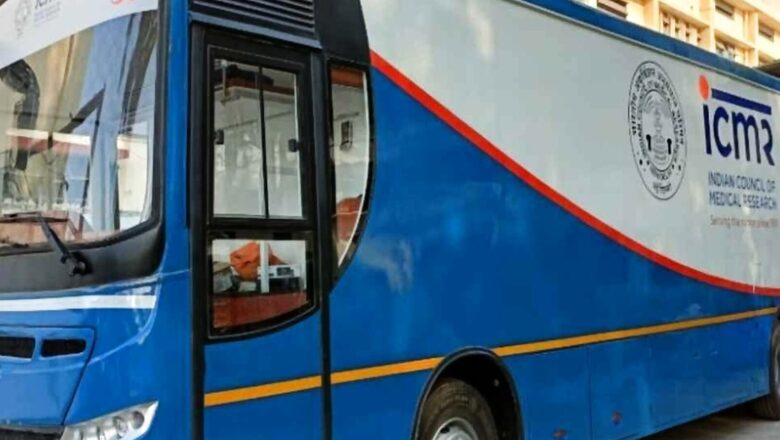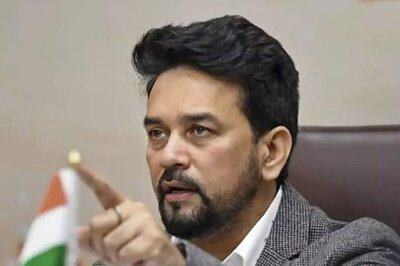
views
India aims to show off a bus with a high-tech testing facility and state-of-the-art amenities for medical professionals at the World Health Assembly in Geneva being held from May 22 to 28.
It is also reported that this vehicle will be sold to Southeast Asian countries as a means of dealing with health emergencies.
The Indian Council for Medical Research, in conjunction with German auto giant Mercedes-Benz and Mumbai-based aseptic, bio-clean, and containment equipment manufacturer Klenzaids, will debut Asia’s first Biosafety Level-3 (BSL-3) laboratory bus during the 75th World Health Assembly.
The bus is built on a Mercedes-Benz chassis and costs less than a million dollars.
Technical training and know-how for operating and functioning in a BSL-3 environment will be provided by Klenzaids and ICMR.
As reported, Dr Mansukh Mandaviya, India’s health minister, will present the country’s innovation at the event.
Here it should be noted that India already has Mobile Medical Units for the rural population. Since rural healthcare has been a challenging factor in the country, the government launched this initiative to facilitate access to public healthcare, particularly for people living in remote, difficult, under-served, and unreached areas.
The objective behind MMUs has been to take healthcare to the doorstep of populations but not to transfer patients.
Each MMU normally has one vehicle, but in case there are more, one vehicle is used to transport medical and paramedical personnel, the second vehicle is used to carry all the required equipment, as well as basic lab facilities, and the third carries diagnostic equipment.
However, the BSL-3 laboratory vehicles will be very different from these MMU vehicles, as their major advantage is that they can be put on the field right away if there is a threat of a zoonotic disease breakout.
BSL–3 mobile labs are equipped with everything needed to create negative air pressure—which prevents germs from escaping into the environment—handle infectious samples, temporarily store them, and sterilise infectious waste before it is released into the environment.
At the World Health Assembly, Mandaviya is expected to meet with health ministers from other nations as well as representatives of the World Health Organization. He will also highlight the pandemic preparation BSL-3 bus as one of India’s top 10 innovations.
Dr Nivedita Gupta, Senior Scientist at ICMR, told Mint: “This is not only pandemic preparedness and innovation for India per se, but it is for the world, to gear up other countries to deal with pandemics in the future.
“We are ready to send this BSL-3 bus to other countries as well and provide them technical and maintenance support,” she added.
While explaining, Dr Gupta said that it contains a pressure shower facility for lab personnel to use before getting off the bus. The major benefit of the BSL-3 bus, according to her, is that it can be hurried into the field within 24 hours since it has road access, which is where we see incidences of zoonotic threats.
“Showcasing BSL-3 laboratory bus at an international event is to loop in the WHO and World Health Assembly because the international community is not yet aware of this innovation. Once this is showcased in the WHO, we are hoping that countries in the Southeast Asia region will show their interest,” she added.
Read all the Latest Auto News here




















Comments
0 comment